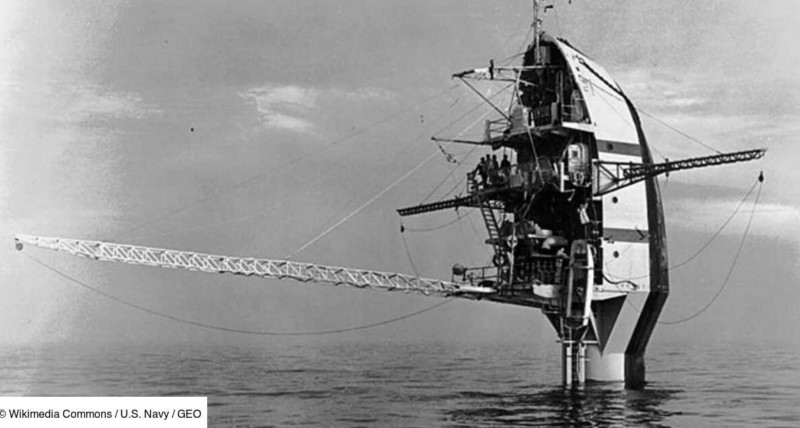Climate change will disrupt fish communities in the North and Barents Seas, according to a new study. Shifts in certain distribution areas will not compensate for declines in the most abundant species today.
Northern European fishermen have a lot to worry about. While new fish from temperate waters may land in their nets, at least two commercially important species – capelin (Mallotus villosus) and polar cod (Boreogadus saida) – are in danger of disappearing for lack of a climate refuge.
This is the conclusion of a study published in the journal Nature Communications (July 5, 2024) by researchers from the University of the North in Bodø, Norway, université de Newcastle in England and the Institute of Marine Sciences in Barcelona, based on the analysis of some 16,345 scientific trawl fisheries carried out between 2004 and 2022.
For over a hundred fish species in the North-East Atlantic and Arctic (North Sea and Barents Sea), these authors have used advanced modeling techniques to predict changes in distribution and biomass, according to three climate scenarios for 2050 and 2100.
Declining fish numbers: the risk of cross-border conflicts
According to their results, warm-water species should expand their range northwards, while cold-water species will shrink. The balance, however, will not be in equilibrium. Despite the fact that the total number of species will probably be higher than today, the numbers of the most abundant fish species are likely to decline.
Until now, projections of future fish distribution have either not included relative abundance or biomass, or have modeled species independently. Other studies focused only on a few common species, often those of interest to fisheries and/or for which more data were available.
Yet species redistribution could not only lead to cross-border conflicts over commercially important fish, but also undermine conservation efforts, both by displacing populations from marine protected areas and by disrupting interactions (predator-prey, for example) within food webs.
« It is very important that future fisheries management strategies and marine protected area planning take into account changes in the dynamics and distribution of species biomass, » stresses Fabrice Stephenson of Newcastle University (press release). All the more so as the Arctic is warming around four times faster than the rest of the planet…
Source: Geo.fr



